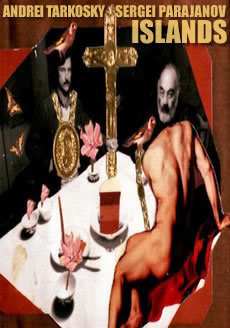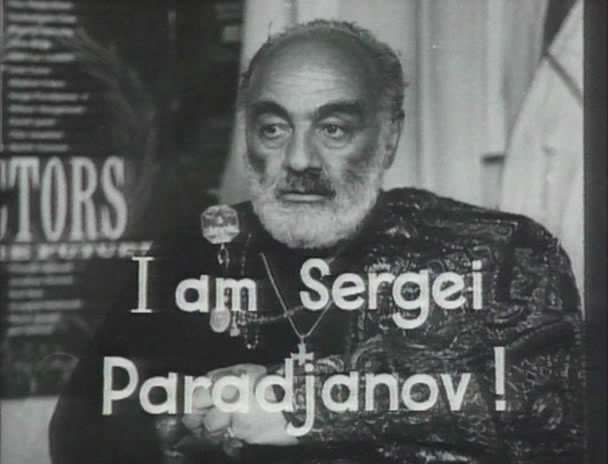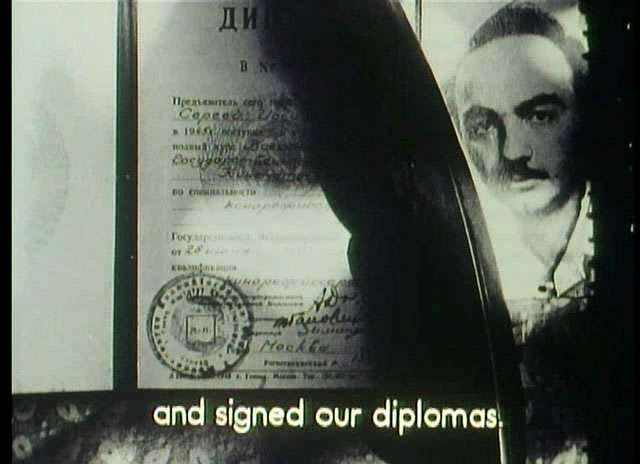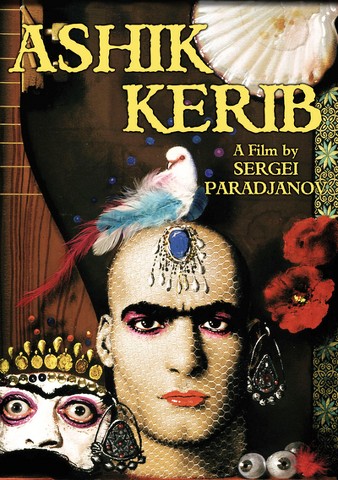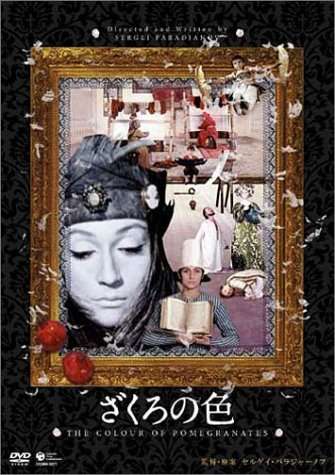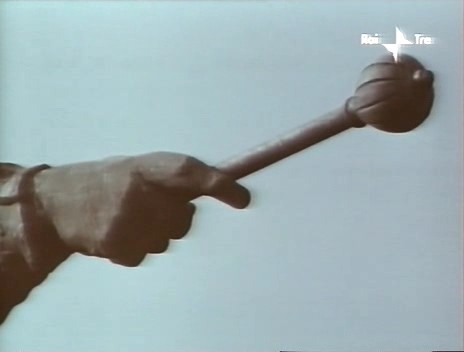 LINK
LINK
A lyrical portrait of life in a contemporary Armenian village following the devastation of an earthquake and the fall of communism.
Quote:
Kievski Freski Dir Sergei Paradjanov (Kiev Frescos) 1966. 35mm. 13 mins
Paradjanov assembled this "film collage" from the rushes and tests that remained unscathed after the Soviet authorities halted the production of Kiev Frescos and ordered the negative to be destroyed.
------
When the Soviet authorities were imposing on a multi-national country the artificial conception of a "homogeneous Soviet people", Paradjanov was defending those nations' very diversity and uniqueness. Through films and documentaries (both by Paradjanov and others), this programme attempts to trace Paradjanov's creative journeys through Ukraine, Armenia and Georgia.
Soon after the Soviet authorities stopped the shooting of Kiev Frescos (Kievski Freski) in 1966, Sergei Paradjanov left Dovchenko film studios in Kiev for Armenfilm in Yerevan. There he started work on a feature length homage to Sayat Nova, the pseudonym of the Haroutine Sayadian (Tblissi, 1712 - 1795), an Armenian poet and bard, who wrote in Armenian, Georgian and Azerbaijani.


